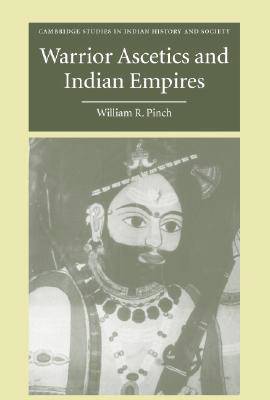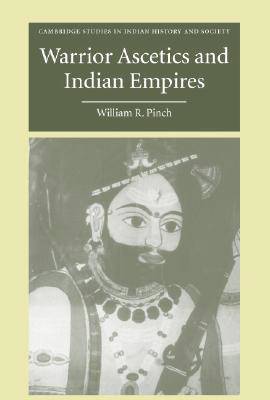
- Afhalen na 1 uur in een winkel met voorraad
- Gratis thuislevering in België vanaf € 30
- Ruim aanbod met 7 miljoen producten
- Afhalen na 1 uur in een winkel met voorraad
- Gratis thuislevering in België vanaf € 30
- Ruim aanbod met 7 miljoen producten
Zoeken
Omschrijving
Many people assume, largely because of Gandhi's legacy, that Hinduism is a religion of non-violence. In this 2006 book William R. Pinch shows just how wrong this assumption is. Using the life of Anupgiri Gosain, a Hindu ascetic who lived at the end of the eighteenth century, he demonstrates that Hindu warrior ascetics were an important component of the South Asian military labor market in the medieval and early modern Indian past, and crucial to the rise of British imperialism. Today, they occupy a prominent place in modern Indian imaginations, ironically as romantic defenders of a Hindu India against foreign invasion, even though they are almost totally absent from Indian history. William R. Pinch's innovative and gloriously composed book sets out to piece together the story of the rise and demise of warrior asceticism in India from the 1500s to the present. It will appeal to students of religion and historians of empire.
Specificaties
Betrokkenen
- Auteur(s):
- Uitgeverij:
Inhoud
- Aantal bladzijden:
- 294
- Taal:
- Engels
- Reeks:
- Reeksnummer:
- nr. 12
Eigenschappen
- Productcode (EAN):
- 9780521851688
- Verschijningsdatum:
- 10/04/2006
- Uitvoering:
- Hardcover
- Formaat:
- Ongenaaid / garenloos gebonden
- Afmetingen:
- 161 mm x 229 mm
- Gewicht:
- 598 g

Alleen bij Standaard Boekhandel
+ 345 punten op je klantenkaart van Standaard Boekhandel
Beoordelingen
We publiceren alleen reviews die voldoen aan de voorwaarden voor reviews. Bekijk onze voorwaarden voor reviews.











